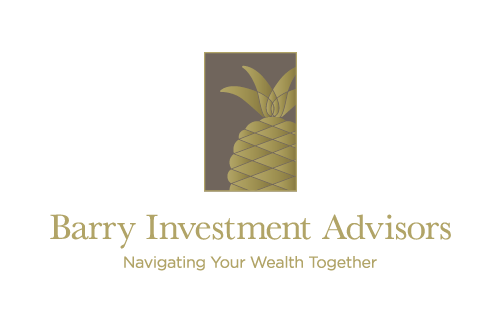The first month of the new year is a good opportunity to finalize your investment strategy for the remainder of 2020. But as economist David Rosenberg from Rosenberg Research points out, a successful strategy relies not only on knowing what to own - it's also critical to know what not to own. Below you will find his insight and perspective on the markets as we begin the new year. If you have any questions about his thoughts, we invite you to connect with our team.
---
My recommendations for this year are much the same as they were at the end of 2018. Not much has changed except valuations have become more extreme and the economic and market risks are even more acute than they were just over a year ago.
For equities, stick with a theme of quality, low-cyclicality, strong balance sheets and reliable and recurring cash flow streams. For bonds, go for extremely high quality. Get the alpha by going long-duration. Remember that no one thought you could make money in a 3% long bond world, but it delivered 18% in 2019. Expect more of the same in 2020. Maintain a healthy allocation in hard assets as a hedge against our deflation/disinflation thematic. We favor for 2020 the following strategies:
• Cash (optionality)
• Long duration, high-quality bonds
• Utilities stocks
• Defense/Aerospace stocks (lofty valuations, in our view, are justified)
• Consumer Staples that have a low degree of price-demand elasticity
• Japanese equities, which remain a bona fide secular supply-side story
• Precious metals (especially with the Fed already undertaking debt monetization)
• Farmland/alternative hard assets/commodities in short supply (lithium, palladium)
• Energy stocks that are dirt cheap and priced much in the same way Financials were in early 2009 (for extinction)
As far as investment advice is concerned, there is what to own (as in above), and then there is what to avoid, which is equally important. In terms of what to avoid, try CLOs, credit hedge funds and low-grade corporate bonds and loans. These investments are ‘juiced up’ by a ton of leverage and lack liquidity when times get challenging.
In my view, leverage and leveraged credit strategies are the most dangerous vehicles in this ultra-late-cycle environment. Investors in these instruments are not adequately protected against the looming recession, or recession-like pressures, that will impede corporate cash flows and generate the conditions for a classic end-of-cycle default wave. Remember, the quality of the investment grade corporate bond market globally has never before been as "junky", or filled with as many low-quality issues, as is the case today.
For the coming year, invest with managers who are creative, have a thought process in hand that is complete and comprehensible, and who have a proven record in investing around ideas instead of leverage. Make doubly sure that you are long one ‘L’ (liquidity) and be short the other ‘L’ (leverage). I cannot stress that enough, because we live in a time of almost unprecedented linear extrapolation and complacency.
Capital preservation is one investment objective that deserves particular thought and attention as we begin 2020. At a time of heightened uncertainty, this is not a bad thing to contemplate. In fact, I would call it prudent.
David Rosenberg
David Rosenberg is the Chief Economist & Strategist of Rosenberg Research and Associates, an economic consulting firm he established in January 2020. He and his team have as their top priority providing investors with analysis and insights to help them make well-informed decisions. Mr. Rosenberg received both a Bachelor of Arts and Master of Arts degree in Economics from the University of Toronto. Prior to Rosenberg Research, David was Chief Economist and Strategist at Gluskin Sheff and Associates from 2009 to 2019.
From 2002 to 2009, he was Chief North American Economist at Merrill Lynch in New York, during which he was consistently ranked in the Institutional Investor All-Star analyst rankings. Prior thereto, he was Chief Economist and Strategist for Merrill Lynch Canada, based out of Toronto, where he and his team placed first n the Brendan Woods survey of Canadian economists for ten years in a row.
Used with permission of Rosenberg Research (information@rosenbergresearch.com)



